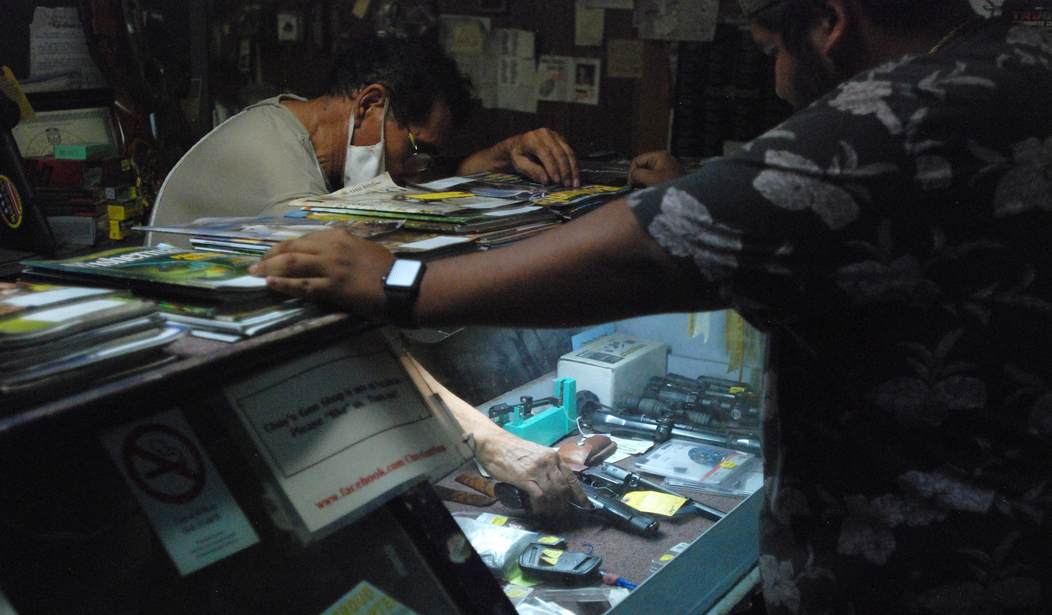One of the more egregious aspects of buying a gun in this country is the requirement for background checks. There’s absolutely no other right that one undertakes that requires a background check to be performed each and every time you attempt to exercise it. There just isn’t.
But, they’re here, and, frankly, they’re here to stay.
When they were first passed, there was a cap on the amount of time someone would have to wait on such a check. This was a way to prevent gun ownership simply by refusing to actually conduct timely background checks in the first place.
And it was fine for a long time. Now, it’s not, and it seems Vermont is likely to pass a law that will change the amount of time folks there will have to wait.
On Thursday, February 3, the Vermont Senate passed S.30, a gun safety bill that would strengthen background checks for firearm purchases in the state.
…
State Senator Phil Baruth explained the shortcomings of the federal background check law.
“Under Federal law, when you go to buy a firearm, you have to get a background check. If the background check doesn’t come back within three business days, there is a default proceed and you can get the weapon anyway. There’s an obvious problem given that if a background check doesn’t come back, it generally has to do with the fact that the FBI is investigating why it didn’t come back clean.”
Baruth says 90% of background checks come back within minutes, 97 percent come back within three days, and people who fall into that remaining three percent are four times more likely to have a history of domestic violence or domestic abuse.
Except, of course, there could be any number of reasons why a background check doesn’t come back in three days. For example, if a bunch of people are trying to buy guns on a given day, it may be too much for the system to handle, so there can be delays. In fact, that’s happened plenty.
I know a ton of people who have had to wait the three days and have no criminal history. In fact, they had to wait at times but not for other gun purchases.
Now, what are the odds of this actually becoming law?
As Cam noted earlier this week, the governor has already promised to veto the bill. That should put the nail in the coffin so that it doesn’t matter.
However, Vermont is an interesting state. while it has three parties represented in its Senate, it might as well be a one-party state.
Of the 30 state senators, two are part of the state’s Progressive Party, seven are Republican, and the rest are Democrats. Obviously, you can expect the Progressives to side with the Democrats, meaning you have a 23-7 majority.
In the House, it’s not really any better. Seven progressives and five independents serve as part of the majority with 92 Democrats against just 46 Republicans.
That’s more than a two-thirds majority in both chambers. That’s veto-proof.
The question then becomes whether or not there’s enough will to actually override the veto. Right now, that’s going to be hard to say. Many who voted for this will likely side with the governor. The big question is whether it’ll be enough, and that’s hard to say right now.








Join the conversation as a VIP Member